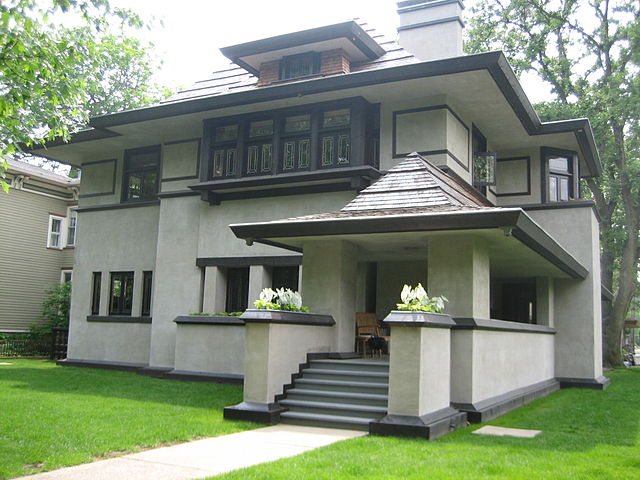Home vs House
There is not much of a difference between home and house though they definitely have different connotations. As you all know, there are many pairs of words in English language that are almost synonymous. One such pair is house and home. Both of them refer to a place of living, and you are technically not wrong if you invite your friend to your house though people prefer to use the word home to describe the dwelling they live in. This article intends to stress on the correct usage of these words depending upon the context they are used in. You will understand that the difference between home and house comes with our emotional attachments to a place.
Key Takeaways
- House refers to a particular type of building, while home refers to the place where you live and feel that you belong to.
- A house is a structure made up of bricks and cement, while a home carries emotional feelings and a sense of belonging.
- For a house to become a home, people should live in it and have an emotional attachment to the place.
What does House mean?
House means a particular type of building. Generally people refer to the structure that they are building as a house. If you look at the way dwellings are numbered by municipalities who are interested in collecting property taxes, they talk in terms of house number so and so and never talk in terms of home numbers. This one example is enough to demonstrate the difference between a structure called a house and a place where families live in. A home is an abode that provides peace, comfort, happiness, security, and confidence. These are qualities that you do not expect in a house which is just a structure made of bricks and mortar. Look at the example.
This lane has 20 houses on either side.
The speaker is generally describing the buildings he sees in an area. He does not have an emotional attachment to these buildings. So, they are houses.
What does Home mean?
Home refers to the place where you live and feel that you belong to. Generally, people call the structure they are building a home only once it is complete, and they start living in it with their family. This is natural and also correct as a house is a home only because of the people living inside it. Our emotions are built around the sanctuary or abode we live in. A home is an additional family member that may be non-living but is as much a part of the family as people living inside it. One does not refer to a hotel or a guest house as a home despite it having rooms where people come and stay for a while. An abode is a home because of this emotional attachment and also because of the feeling of ownership and shelter if provides to its members. Look at the example.
Your house is nice, but I want to go home.
Here, the speaker is visiting someone else’s place. That place does not belong to the speaker and he/she does not feel that he/she belong to that place. So, that place is known as house while the place where the speaker lives and feels that he/she belongs to is known as home.
What is the difference between Home and House?
• Both home and house refer to a place of dwelling but differ in psychological and emotional meanings.
• A house is a structure made up of bricks and cement; it is more a physical entity than a home, which connotes emotional feelings.
• A home is a place where people live, and they feel they belong to. So, for a house to become a home people should live in it, and they should have an emotional attachment to that place.
• The difference between a house and a home is reflected in the use of phrases such as make yourself at home and a home is where you feel at home.
• The people who do not have a place of their own to live in are known as homeless, not houseless. That is because it shows they do not have a family or someone of their own. They do not have a place they belong to.
To speak in simple terms, a home is where you, especially, your mind and heart feel at home. A house can be used as a warehouse, a rest house or as an office, but a home is always meant for a family to live peacefully.
Images Courtesy:
House by IvoShandor (CC BY 2.5)
Home sweet home via Wikicommons (Public Domain)
